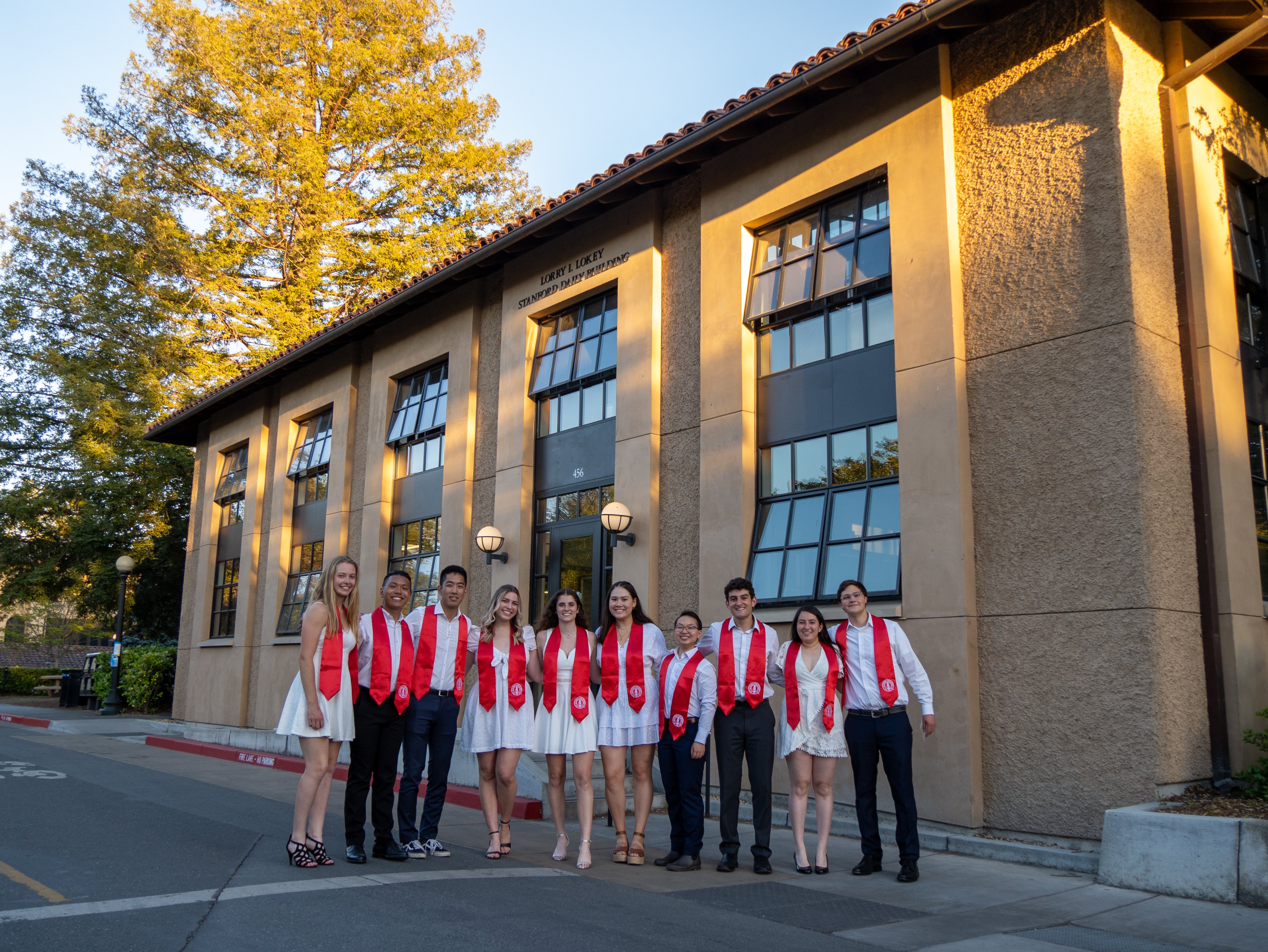When Lorde released her third studio album, “Solar Power,” last August, I was underwhelmed. Like Lorde herself, I had expected this release to be a “big acid record” — showing up the synth angst of “Pure Heroine” and the museum magic of “Melodrama” with the shock and awe of a meteor shower.
Instead, we got a first single that many found fitting for a tampon commercial. The intense instrumental breakdowns of tracks like “Glory and Gore” and “Supercut” were replaced by a leisurely 12-string guitar and a voice like farmer’s market honey. Like its eponymous song, “Solar Power” instead turned out something like a “weed album.” It was playful. Meandering. Mild, even.
While some complained that they were still too caught up in their “Melodrama” eras to appreciate this album, I felt like I hadn’t even gotten past “Pure Heroine.” I was the overgrown suburban child who still drank orange juice and cried about growing up. Meanwhile, a 25-year-old Kiwi was telling me to get a grip. Not every song had to strike you to the bone, not every day would feel like cataclysm and not every day was a tick on a time bomb. Most of the time, Lorde seemed to say, life wasn’t so extreme.
As the kind of intense person who could never quite land the “cool girl” act, it was hard for me to learn to be temperate. I’d long been familiar with debilitating grief, totalizing sadness, all-consuming infatuation; but I didn’t know the grey emotions, the stretches between those poles.
This year, I spent a lot of time in grey.
Scholarships I’d poured every last drop of myself into seeped through my hands. People I’d loved unconditionally established their conditions. Nothing on this campus felt the same as when we’d left it, no matter how hard we tried to pretend we could refurbish a ghost town. But the sun stuck around a little longer. The music returned. It wasn’t miraculous, but we found our footing again.
Granted, long-term memory and I aren’t on the best of terms, but it’s impossible to locate a few favorite senior year memories. It didn’t feel like that — moments of sorrow, then moments of elation. It felt like ballooning into new spaces between all those words that used to classify then, now, later.
I used to think that anything good had to be tumultuous. I wanted art to arrest me, and I wanted to feel everything. Senior year was supposed to pack all the punch of a swig of Italian liquor. Perhaps to spite me, it instead took notes from “Solar Power,” which I’m now growing to love.
I had spent so long curating chaos in my life to accommodate my obsessive need for melodrama, but as it turns out, resisting getting older gets old.
It’s actually quite beautiful to realize that adolescent turbulence is not a prerequisite for feeling alive. You don’t have to be fundamentally altered by something for it to be good for you. You don’t have to seek catharsis in every sunset. You don’t have to milk every second for what it’s worth.
I’ve never claimed to be wise, and I certainly won’t do so now. But if there’s anything I wish I would’ve understood sooner, it was that my life doesn’t have to have a perpetual coming-of-age-film ethos to mean something. I’m going to be “becoming” forever, long past the expiration dates the entertainment industry loves setting for women, and long past the lingering sense of loss I still feel now. I’m going to experience as much stillness as I will tumultuousness, and both will matter.
As I sat — pen and pad in hand and seat heater on — at my first San Francisco movie premiere freshman year, I remember thinking how surreal it was to be a student journalist. As I wobbled in a rickety swivel chair at the Daily building typing and retyping print headlines years later, I remember thinking the same thing.
Just because a moment isn’t glamorous doesn’t mean it won’t glisten, and when I shuffle through my memories of this place, I see a luminous haze.
